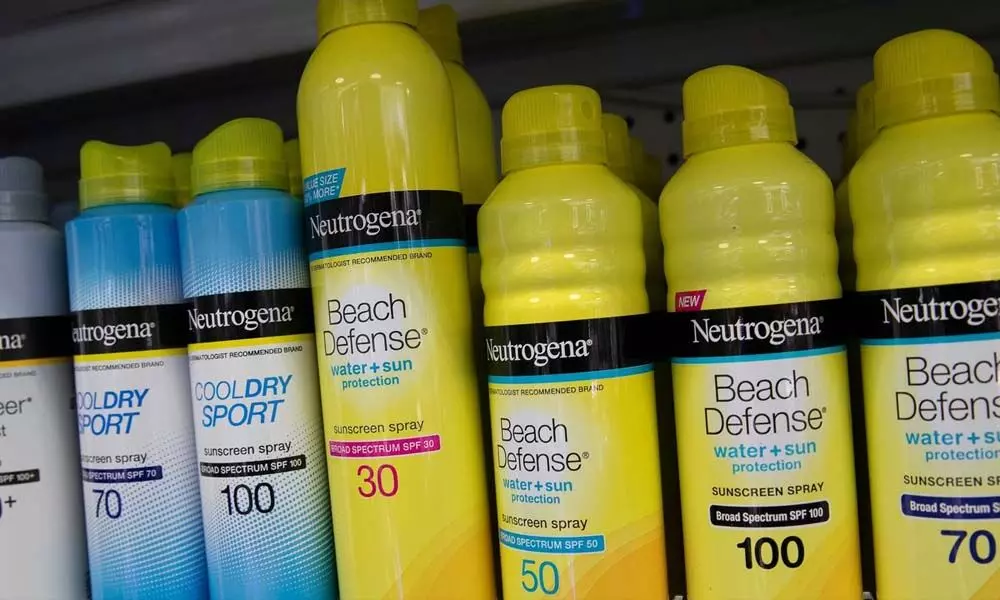Live
- DTO warns private buses against excess fare
- Mukkoti Ekadasi festivities on a grand scale
- Sri City celebrates Vaikuntha Ekadasi with spiritual grandeur
- US wildfires: Lower access to air conditioning ups emergency care risk, finds study
- PM Modi to inaugurate Z-Morh Tunnel on Jan 13, boosting all-weather connectivity in J&K
- Telangana Legislative Assembly Speaker Visits Tirumala on Vaikuntha Ekadashi
- Amazon.in Great Republic Day Sale: Exciting Deals on the Latest Smart TVs
- SPMVV signs MoU with TACA
- Joint action plan to avoid stampede incidents in future: Anam
- Cold wave continues, light rain, snow forecast in J&K









